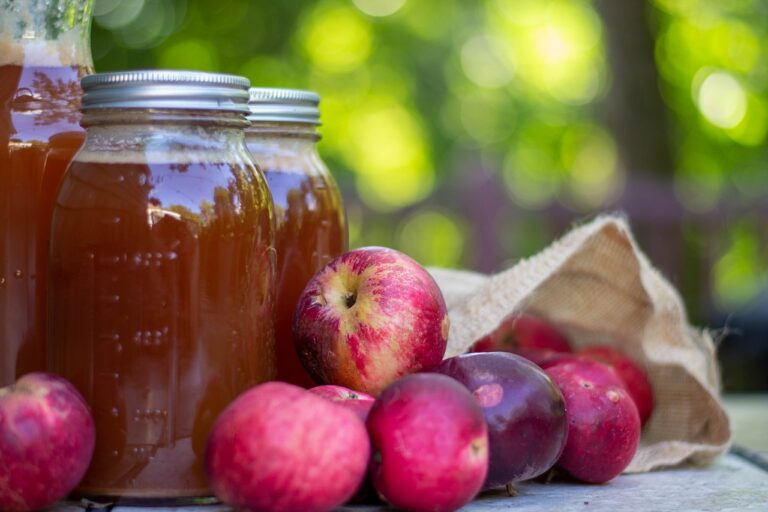Synthetic Biology for Biofuel Production from Renewable Resources: Laserbook 247 com, Lotus299 id, 11xplay reddy login
laserbook 247 com, lotus299 id, 11xplay reddy login: Synthetic Biology for Biofuel Production from Renewable Resources
In recent years, there has been a growing interest in developing sustainable biofuels as an alternative to fossil fuels. One of the most promising approaches is the use of synthetic biology to produce biofuels from renewable resources. Synthetic biology is a multidisciplinary field that combines biology, engineering, and computer science to design and build new biological systems for various applications.
By harnessing the power of synthetic biology, researchers are able to engineer microorganisms such as bacteria and yeast to convert renewable resources like biomass and waste into biofuels efficiently. This approach offers several advantages over traditional biofuel production methods, including increased production yields, reduced production costs, and the ability to tailor biofuel properties to meet specific needs.
To understand how synthetic biology is revolutionizing biofuel production, let’s delve into the key aspects of this innovative approach.
Engineering Microorganisms for Biofuel Production
One of the central tenets of synthetic biology is the ability to engineer microorganisms to perform specific functions. In the context of biofuel production, researchers have successfully modified bacteria and yeast to produce a wide range of biofuels, including ethanol, biodiesel, and bio-jet fuel. By introducing new genetic pathways and optimizing metabolic processes, scientists can enhance biofuel production efficiency and yield.
Optimizing Biofuel Properties
Another advantage of synthetic biology in biofuel production is the ability to tailor biofuel properties to meet specific requirements. For example, researchers can modify the composition of biofuels to improve combustion efficiency, reduce emissions, or enhance energy density. By fine-tuning the genetic pathways involved in biofuel synthesis, scientists can create biofuels that outperform their fossil fuel counterparts in terms of performance and sustainability.
Scaling Up Production
While the potential of synthetic biology for biofuel production is promising, scaling up production remains a challenge. To enable commercial viability, researchers are working on optimizing fermentation processes, enhancing microbial strains’ robustness, and improving bioreactor design. By addressing these technical hurdles, the biofuel industry can transition from lab-scale prototypes to large-scale production facilities, paving the way for widespread adoption of sustainable biofuels.
Public Perception and Regulatory Hurdles
Despite the numerous benefits of synthetic biology for biofuel production, public perception and regulatory hurdles pose significant challenges to widespread adoption. Concerns about genetically modified organisms (GMOs), environmental impact, and food security must be addressed through transparent communication, rigorous safety assessments, and proactive engagement with stakeholders. By fostering trust and collaboration, the biofuel industry can navigate these challenges and promote the sustainable use of renewable resources for biofuel production.
Future Prospects and Challenges
As synthetic biology continues to advance, the prospects for biofuel production from renewable resources are bright. By leveraging cutting-edge technologies and interdisciplinary collaboration, researchers can overcome technical barriers, drive innovation, and accelerate the transition to a bio-based economy. However, challenges such as cost competitiveness, scalability, and regulatory compliance must be addressed to realize the full potential of synthetic biology for biofuel production.
In conclusion, synthetic biology offers a powerful tool for producing biofuels from renewable resources sustainably. By engineering microorganisms, optimizing biofuel properties, and scaling up production, researchers are unlocking new possibilities for the biofuel industry. As we navigate the transition to a more sustainable energy future, synthetic biology will play a crucial role in driving innovation, enhancing efficiency, and reducing our reliance on fossil fuels.
FAQs
Q: What are the main benefits of using synthetic biology for biofuel production?
A: Synthetic biology offers increased production yields, reduced costs, and the ability to tailor biofuel properties to meet specific needs.
Q: How does synthetic biology enable the engineering of microorganisms for biofuel production?
A: By introducing new genetic pathways and optimizing metabolic processes, scientists can enhance biofuel production efficiency and yield.
Q: What are some of the challenges facing the widespread adoption of biofuels produced using synthetic biology?
A: Challenges include public perception of GMOs, regulatory hurdles, scalability, and cost competitiveness.
Q: What is the future outlook for biofuel production from renewable resources using synthetic biology?
A: Despite challenges, the prospects are bright, with ongoing advancements in technology and interdisciplinary collaboration driving innovation in the biofuel industry.







